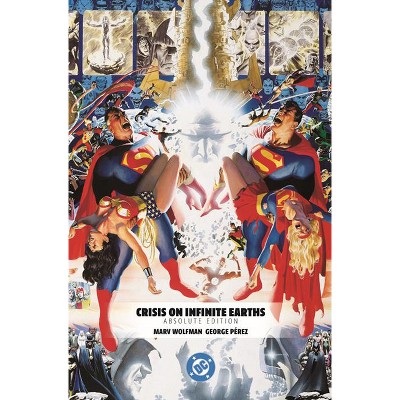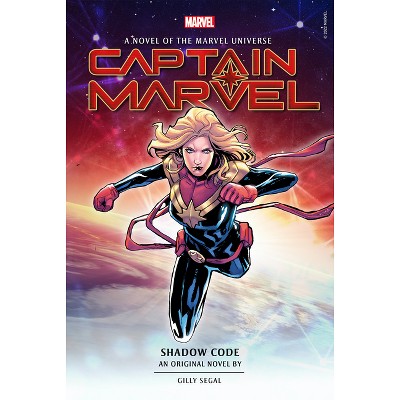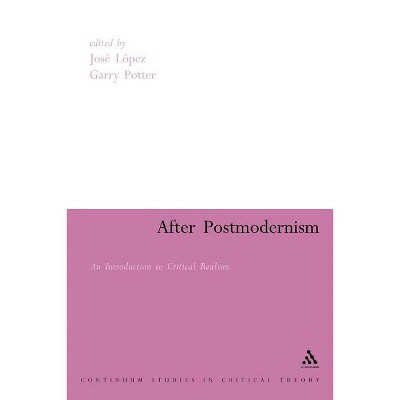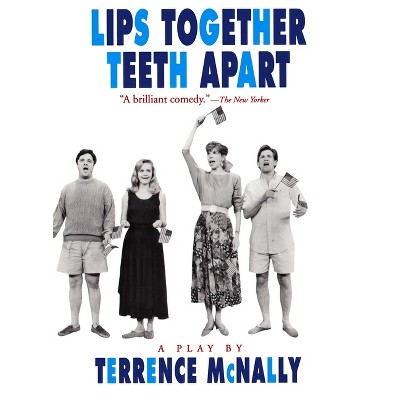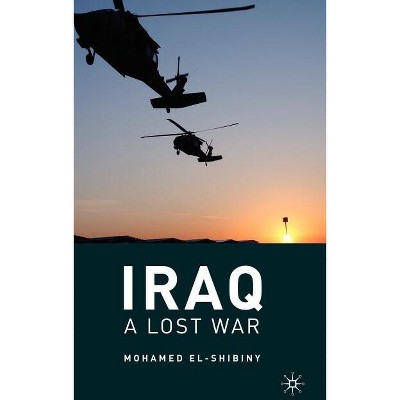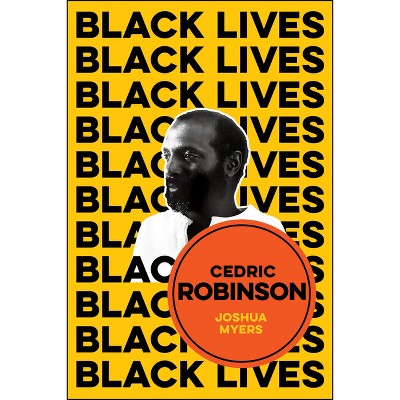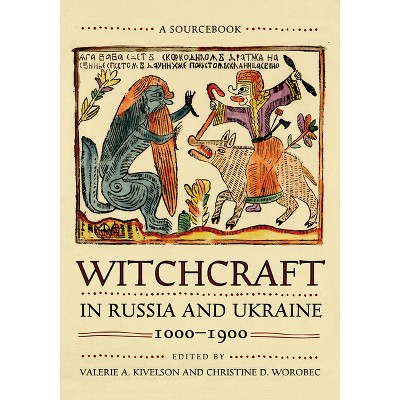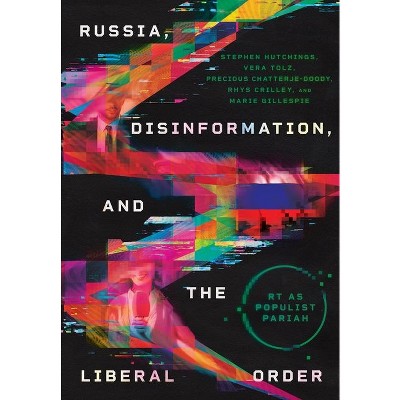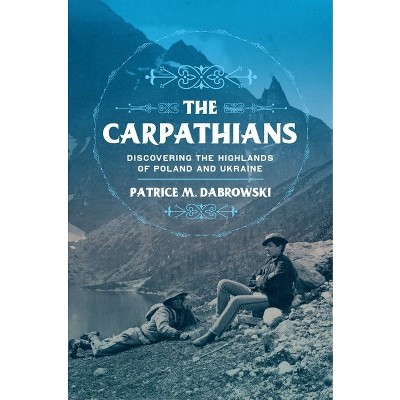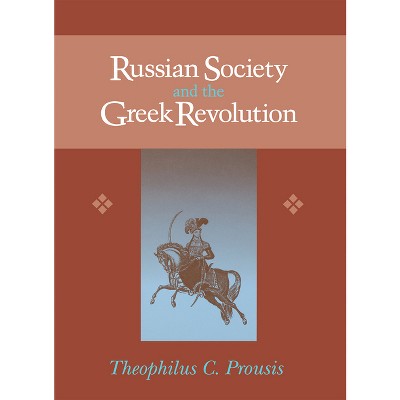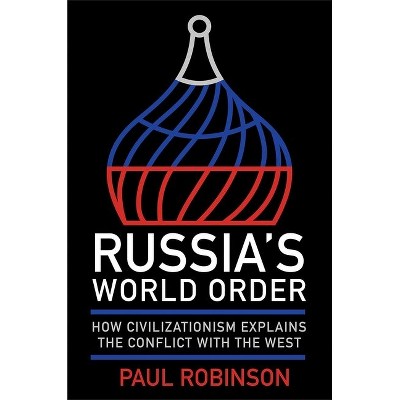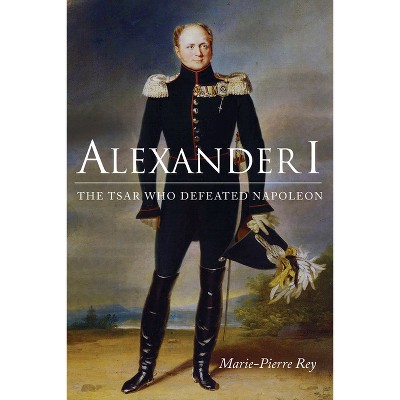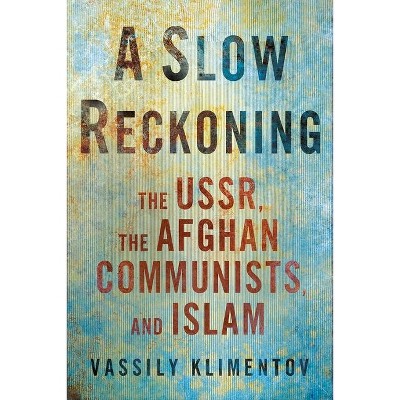Sponsored

How Russian Literature Became Great - (Niu Slavic, East European, and Eurasian Studies) by Rolf Hellebust (Hardcover)
In Stock
Sponsored
About this item
Highlights
- How Russian Literature Became Great explores the cultural and political role of a modern national literature, orchestrated in a Slavonic key but resonating far beyond Russia's borders.
- About the Author: Rolf Hellebust teaches comparative literature with the Brilliant Club university access charity in London.
- 252 Pages
- Literary Criticism, Russian + Former Soviet Union
- Series Name: Niu Slavic, East European, and Eurasian Studies
Description
About the Book
"This book examines literary tradition as manifested in the nineteenth-century Russian canon and the discourse of historians and critics. The conditions of its formation make this tradition the epitome of a unified cultural text, in which stories of progress and decline unfold through the symbolic biographical encounters of its members"--Book Synopsis
How Russian Literature Became Great explores the cultural and political role of a modern national literature, orchestrated in a Slavonic key but resonating far beyond Russia's borders.
Rolf Hellebust investigates a range of literary tendencies, philosophies, and theories from antiquity to the present: Roman jurisprudence to German Romanticism, French Enlightenment to Czech Structuralism, Herder to Hobsbawm, Samuel Johnson to Sainte-Beuve, and so on. Besides the usual Russian suspects from Pushkin to Chekhov, Hellebust includes European writers: Byron and Shelley, Goethe and Schiller, Chateaubriand and Baudelaire, Dante, Mickiewicz, and more.
As elsewhere, writing in Russia advertises itself via a canon of literary monuments constituting an atemporal "ideal order among themselves" (T.S. Eliot). And yet this is a tradition that could only have been born at a specific moment in the golden nineteenth-century age of historiography and nation-building. The Russian example reveals the contradictions between immutability and innovation, universality and specificity at the heart of modern conceptions of tradition from Sainte-Beuve through Eliot and down to the present day.
The conditions of its era of formation--the prominence of the crucial literary-historical question of the writer's social function, and the equation of literature with national identity--make the Russian classical tradition the epitome of a unified cultural text, with a complex narrative in which competing stories of progress and decline unfold through the symbolic biographical encounters of the authors who constitute its members. How Russian Literature Became Great thus offers a new paradigm for understanding the paradoxes of modern tradition.
Review Quotes
Erudite, rich and truly thought-provoking, How Russian Literature Became Great should be of interest for literary historians, Slavic scholars and specialists in literary theory.
-- "Slavonic and East European Review"This ambitious study explores the complex cultural, political, and historical mechanisms that helped build the image of the Russian literary tradition as one of the greatest in the world. Rigorously written and abundantly annotated; highly recommended.
-- "Choice"About the Author
Rolf Hellebust teaches comparative literature with the Brilliant Club university access charity in London. He is the author of Flesh to Metal.
